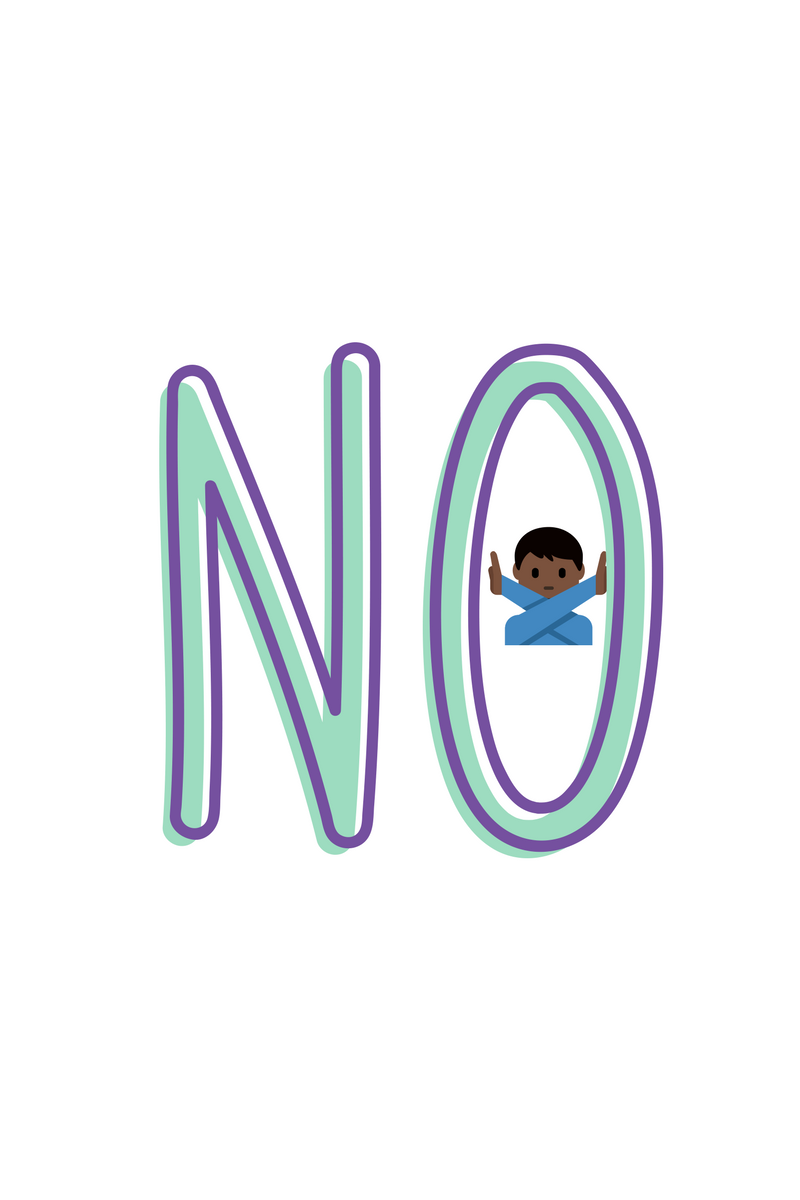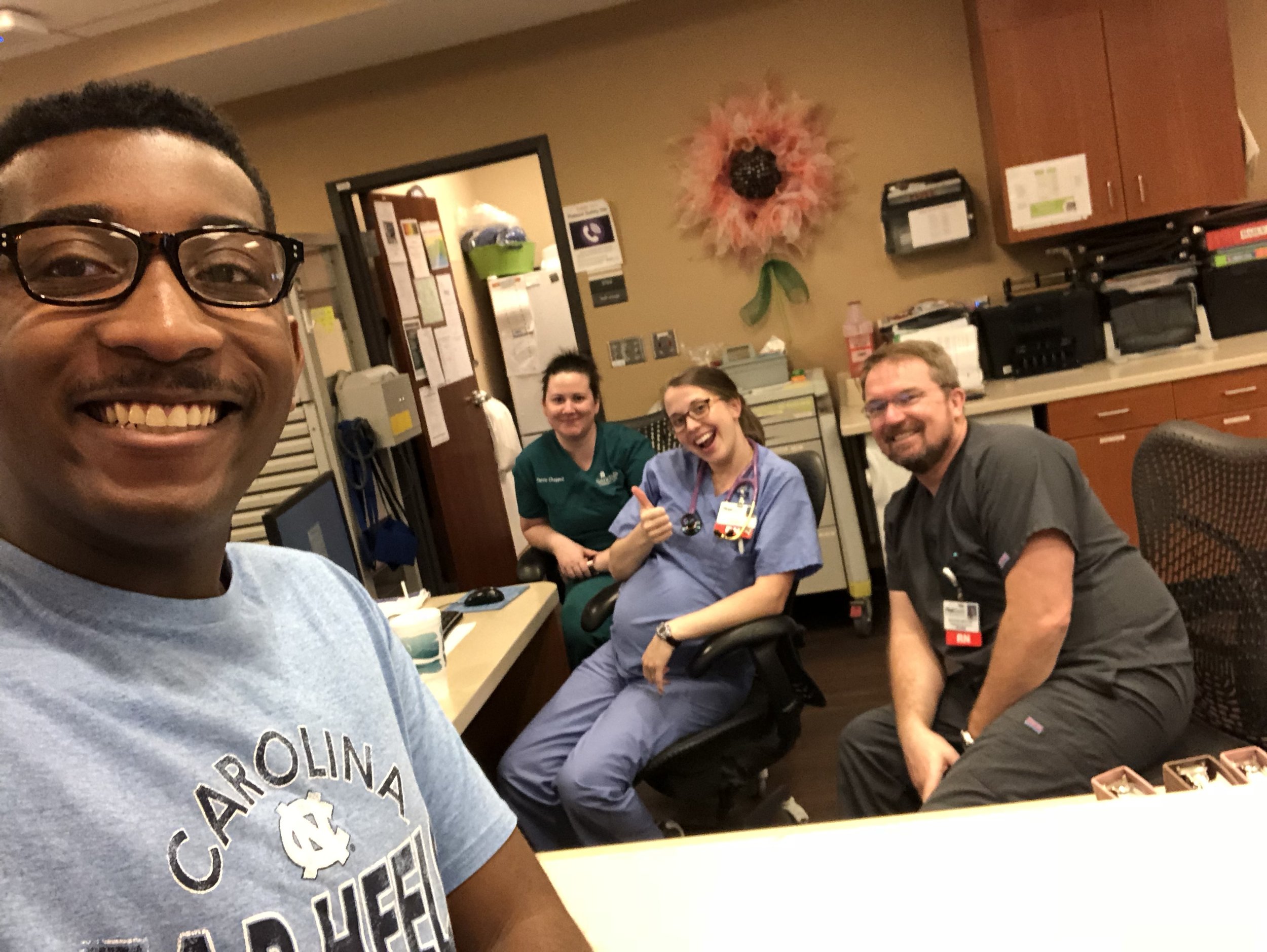Seeing Those We Make Invisible
I was 18 years old and working as a CNA in the emergency room the first time I worked with a homeless patient that was a victim of violence. This man, was in his late 40's and he smelled, quite strongly, of old urine. He had the characteristic large bag that contained his whole life at the time. He was bleeding from the left side of his head and told us "some punks jumped me for the fun of it". His injuries were deemed minimal and superficial, but he was going to be admitted for overnight observation and evaluation of the severe case of dermatitis on his leg. I remember him being so coarse and dry in his demeanor. I remember thinking, I don't want deal with him. Well, of course, I was assigned to assist the nurse in his intake. The nurse I was working with was known for being a "take no crap" and "let's do the job right" kind of person. I told myself I would take my lead from her. When we walked into his room, she was so amazing. She navigated his assessment and medication administration, flawlessly. By the end of it, the man was laughing and thanking us for what we did. I was astounded, not only by her professionalism, but also her easy-going kindness. How her interactions with him seemed to transform him into just a normal guy, one who had a home and something to laugh about.
After we finished cleaning and dressing his wounds the nurse stepped out to check on another patient. I quietly finished cleaning the mess we made in helping him get into his hospital gown. His clothes were absolutely filthy. The man's clothes were in dire need of a wash, and him even more so. Then something struck me, why didn't I just ask him if he would like to take a shower? I kept thinking, he will probably get offended if I do that. Then I looked at him, humming pleasantly to himself, and decided it was best to ask while he was not cranky. So I asked him, "Would you like for me to ask if you can take a shower? I'm sure it will help you rest better and prevent infection in your wound". As soon as the words left my mouth, I felt like an idiot. I felt that what I said could have only ever come off as an insult. However, the man looked at me and burst into laughter. "Son, you could have just said I stink. I'm homeless, not ignorant. Yeah. That'd be nice".
So I got the go-ahead from my nurse and gathered towels, washcloths, shaving supplies, and some of the Irish Spring soap we kept in the empty locker for patients who may desire something other the hospital-issued soap, which did little for odor control or sensitive skin. I took the supplies to the patient and escorted him to the shared unit shower-room. I showed him how to work our complex shower faucet and told him I would be outside the door He looked like a new man! He had a smile on his face and his body odor, although not completely gone, was hardly traceable. He thanked me and as I walked him back to his room, he burst in to tears. Shocked, I asked him what was wrong. I remember him telling me “I’m sorry man. It just nice to have people like you and my nurse. Everyone always looks at me like I’m an annoying bug. It’s nice to be treated and looked at like a human being for once. That will keep me going, at least for a while. Thank God for people like you all”.
I gave the perfunctory “Oh it’s no problem” and the “It’s my job”. I got him settled and gave him one of our late night dinner trays, and thanked him for his compliments, walking out of his room to see if I was needed to do anything else. As I walked out of his room I felt both elated and disheartened. By simply offering this man a shower and food, we changed his whole day. However, his last words rang in the back of my mind, “That will keep me going, at least for a while”. What if our interactions with this man were the only morsels of kindness he received for months? What if the only time he felt cared for is when he was ill and had the necessity to come to the hospital?
I went on to see this many come in to the ER for a myriad of complaints over course of my hospital career. He followed me from beginnings in healthcare as a float pool CNA and into my licensure and practice as a critical care nurse. He was my patient “0”, in many ways. This homeless man, to this day, has a remain fixed in my mind as a reminder of the importance of doing what good we can, with the fleeting time we have on this earth. This man invigorated my passion for those who have little resources or voices, whether that be from their own demise or the machinations of others. He bridged me from being the sometimes judge mental learner into a more open-minded clinician.
In my career, I’ve cared for the homeless, the mentally ill, convicted felons, the abusers and the abused. I’ve learned that nothing is ever just what is seems at first glance. Stories are more complex and situations have multiple viewpoints. I’ve learned that difference between being a good nurse and an amazing nurse means being able give aid, whether seemingly underserved or not, all while reserving judgement. Being a nurse means being managing the impossible balancing act of professionalism and humanity. So yes, those in the above patient populations may ask for a lot of patient trays/snacks, they may be cranky and irritable, and their hygiene at admission may make all of our inner Monk (OCD) tendencies cringe, but they are just as deserving of qaulity care as Bill Gates. Kill them with kindness when they’re angry and bitter. Treat them with sensitivity in their momements of vulnerability. Of course, we are human, and the pressures of our own lives can interfere in our attempts to be non-judgemental. However, if you can find your patient zero and keep them in your mind, there are few times when your judgments and biases will win.
Happy Nursing!
Patrick McMurray, BSN, RN
PatMacRN





